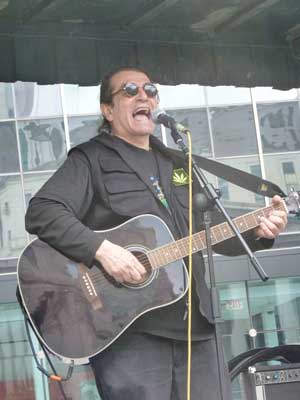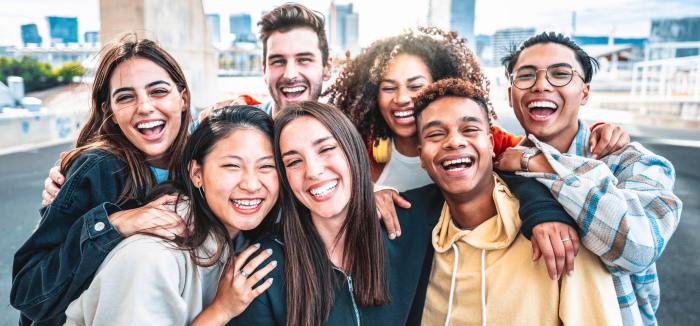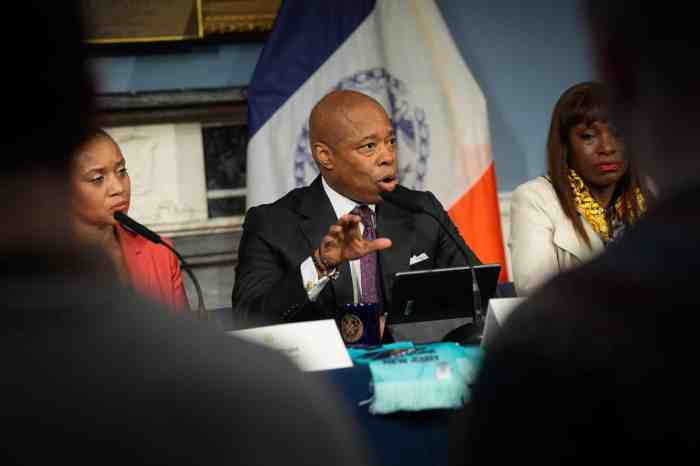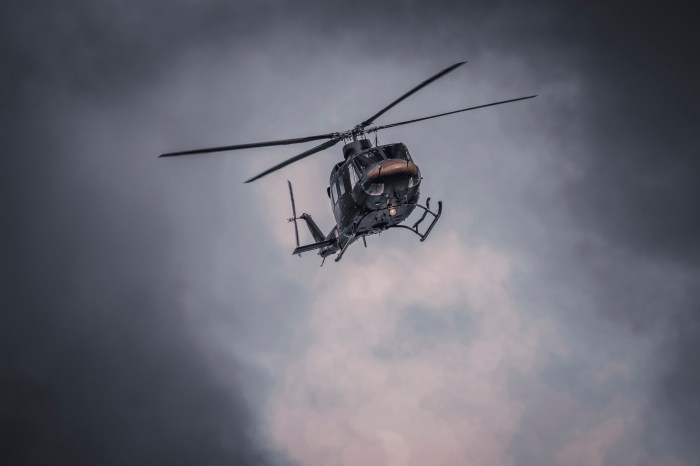
BY PAUL DERIENZO | David Peel, the inveterate street rocker and Village stalwart, is a familiar face at Occupy Wall Street protests and Tompkins Square riot memorial concerts and at the Yippie Cafe on Bleecker St. His albums still sell and some are collector’s items. His unmistakable voice and simple but catchy melodies have been a soundtrack to the Village for more than 40 years. Less known is his friendship and collaboration with one of the greatest rockers of all time.
It was 32 years ago this past week that John Lennon was shot and killed by a drifter named Mark David Chapman. While hundreds of Lennon’s legions of fans gathered last Saturday at Strawberry Fields in Central Park across from where the murder occurred on the dark anniversary, probably few will know that there was a time when the F.B.I., who followed Lennon around for years, actually had the wrong guy.
Yoko Ono, Lennon’s wife, protector and muse had been living and staying in New York and its environs, and after the Beatles broke up he moved to New York with her. Lennon came to live in New York City and decided to make it his permanent home. One afternoon she took Lennon down to the Village along with rock journalist and producer Howard Smith where they visited Washington Square Park. Lennon said he saw this guy with a guitar exhorting the crowd, “Why do you have to see stars?” Lennon standing in the back of the crowd said he thought to himself, “He must be talking about me.”
Shortly afterward, Lennon was back in the park, this time with Yippie radicals Jerry Rubin and Abbie Hoffman, when they again met Peel in a circumstance Lennon described as “like a happening.”
“We started singing with him in the street until we got moved on by the police,” said Lennon. “It was wonderful.”
The meeting and subsequent friendship between the two musicians would have unforeseen consequences. The F.B.I. under J. Edgar Hoover had been tasked with disrupting the antiwar movement, which had become intertwined with the youth movement and rock-and-roll culture of the early 1970s. Hoover made it clear the bureau’s job wasn’t just to watch out for wrongdoing but to use whatever means to hinder the movement, harass its leaders and symbols and even murder them, as in the case of Chicago Black Panther leader Fred Hampton.
In the case of Peel and Lennon, the police were at a concert featuring Peel in Ann Arbor, Michigan, and got a hold of a photo used for an album cover produced for Peel by Apple, the Beatles’ record label. The image featured Peel holding a joint with the words “The Pope Smokes Dope” in a balloon
bubble coming out of his mouth.
The local cops sent the photo to F.B.I. headquarters, telling the G-men it was John Lennon. According to Peel, the F.B.I. had “told the officials in the auditorium not to take a picture of John Lennon because they didn’t know what he looked like.”
Peel said, “I looked a lot like John Lennon in those days,” adding, “I’m a fan of his,” and that he considers the mix-up “the greatest flattery of all rock and roll.”
“To this day the picture is still in the F.B.I. file,” claimed the craggy-faced hippie, who still can pull off his larger-than-life rock star persona. “I’m not complaining,” he added.
Peel has copies of his F.B.I. file, which he says amounts to 200 or 300 pages, compared to 5,000 or 6,000 about Lennon, who was fighting a major extradition case at the time. Immigration authorities used a misdemeanor cannabis arrest in England as an excuse to try and deport Lennon. After his death, a lawsuit by journalist Jon Weiner revealed that the U.S. government had been closely watching Lennon and other antiwar activists for years. Although from the evidence, the authorities seemed to have had problems telling one long-haired, pot-smoking target from another.
David Peel began his music career in 1968 with “Have A Marijuana,” followed by songs with prosaic titles like “Santa Claus Rooftop Junkie” and “Anarchy in New York City.” He’s also played himself in Cheech and Chong’s film “Rude Awakening.”
During a recent interview, Peel said, “I’m into The Fugs, Zappa, a little bit of crazy Yoko Ono — a bit of the MC5 and a little bit of David Peel.” Peel paused for a second, contemplating, then piped up, adding, “Also street people of Washington Square Park.”
Comparing himself to the popular folkies of the 1960s and ’70s, Peel said he was “much more street, much more provocative, much more uncensored.”
“He’s such a great guy,” said Lennon in 1972. “We loved his music and his spirit and everything — his whole philosophy of the street.”
DeRienzo co-hosts “Let Them Talk” on Tuesdays at 8 p.m. on Manhattan Neighborhood Network’s Lifestyle channel

















